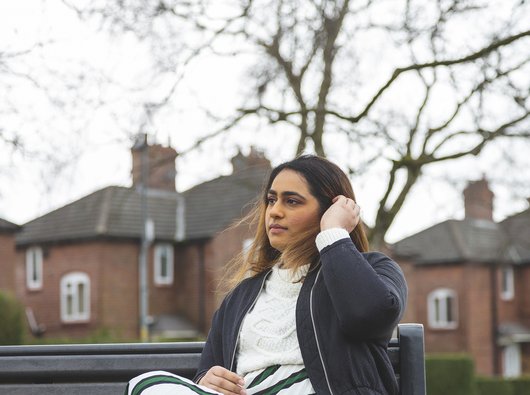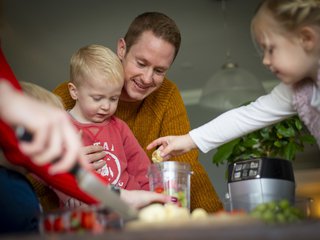After treatment for acute lymphoblastic leukaemia (ALL)
Once your treatment has finished, you'll have regular follow-up appointments.
Follow-up appointments
Going to your follow-up appointments is really important as it's where your hospital team will check for any signs of relapse, or complications from your treatment.
The appointments can also help you adjust to everyday life again – it can feel very different once you’ve had ALL and your treatment has finished.
In some ways, you can think of your follow-up care as starting during the maintenance phase of your treatment. At this stage, you’ll have blood checks every one or two weeks. Then it’ll be more like every two or three months.
Gradually, your checks will become less frequent, until you’re only having them once a year.
Information for young adults
For young adults with leukaemia, lymphoma or any blood cancer type. Your guide to treatment, side effects, coping with emotions, friends and work or study.

Maintenance treatment
When you’re in complete remission, and have moved on to maintenance treatment, your lifestyle can get back to normal in almost every way.
You should be able to return to work and take up your regular activities again. You should also be able to enjoy a healthy diet and drink alcohol within sensible limits.
You won’t normally need to stay in hospital any more, unless you relapse or get a severe infection. If someone you live with catches an infection, you might want to ask your hospital team whether you need to take any special precautions.
After treatment, you can also travel and go on holiday. You might be able to have travel vaccinations (jabs) but check it’s ok with your consultant first.
If you’re taking steroids or you’ve had a stem cell transplant, you should never have a vaccination without talking to your consultant.
If you’re having treatment from any doctor who isn’t your main consultant or GP, make sure you tell them that you’re having treatment for ALL, or that you’ve had it in the past.

Living well
Practical tips and real stories to help you with everyday life.
